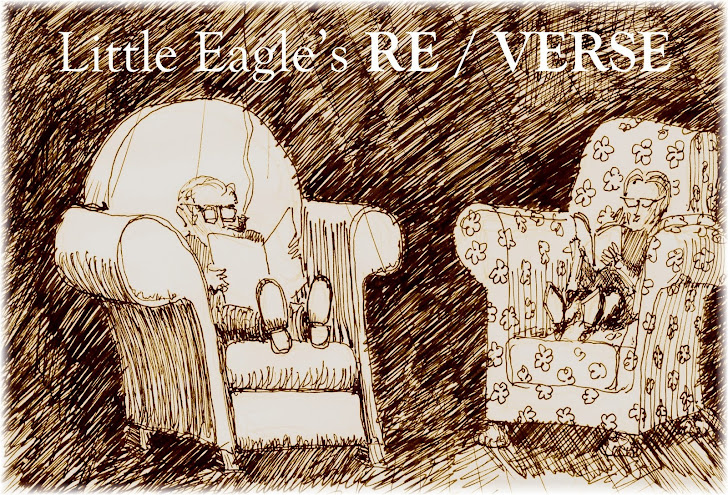digitally derived from artwork by W.H. Bartlett
Tzama
by Marjorie Stamm Rosenfeld
Beneath
the Holy Land ,
where
even water wars are fought,
the
troubled springs run deep.
And
water, which has properties
to
wear on stone, has split the rock.
Lord . .
.
my
shepherd.
About
suffering, Stefan Grass said,
“Suffering
is like salt, bitter in a glass.
Become
a lake instead—then sip the water.
You’ll
see how sweet it tastes,
with
hardly any hint of bitterness.”
(The
Jaffa
and
bigger than grenades.
We’ve
moved our fences farther in.
Our
neighbors claim the land we left,
then
ours.)
Beside the still waters. . .
Sbarro
Pizza,
where
a young man opens up his coat,
says
to the girl behind the counter,
Know
what this is?
so
like the exhibitionist
who
bares his misused, misplaced
instrument
of love
explosively.
He maketh
me to lie down . . .
In green
pastures
tents
of Palestinians
are
buffeted by angry winds,
their
throats are parched.
The
houses of the Palestinians collapse.
In
the house of the Lord,
another
scene: From one side
comes
a swarthy man and from the other,
one
more swarthy man—
sons
of the same father.
They
face off, raise their instruments,
and
aim. Which will give ground?
Which
strike the other first?
Raging
thirst propels them.
Nearby
the only lake
that’s
fresh and clear
is
Lake Tiberius
called
the Sea of Galilee .
It,
too, is troubled water.
Further
south, the sea is dead
and
full of salt. How many
Abrahamic
sons must fall?
(Bombs
bloom.
The
wolves that used to roam
the
Russian Steppes
are
here.)
Through
the valley of the shadow,
a
great tree arches over the River Jordan.
It
is the tree of the Jewish people.
It
is the tree of the Palestinian people.
Its
leaves shudder in the wind,
on
every leaf a name.
~ first published in MidEastWeb
* Tzama is Hebrew for "thirst"

